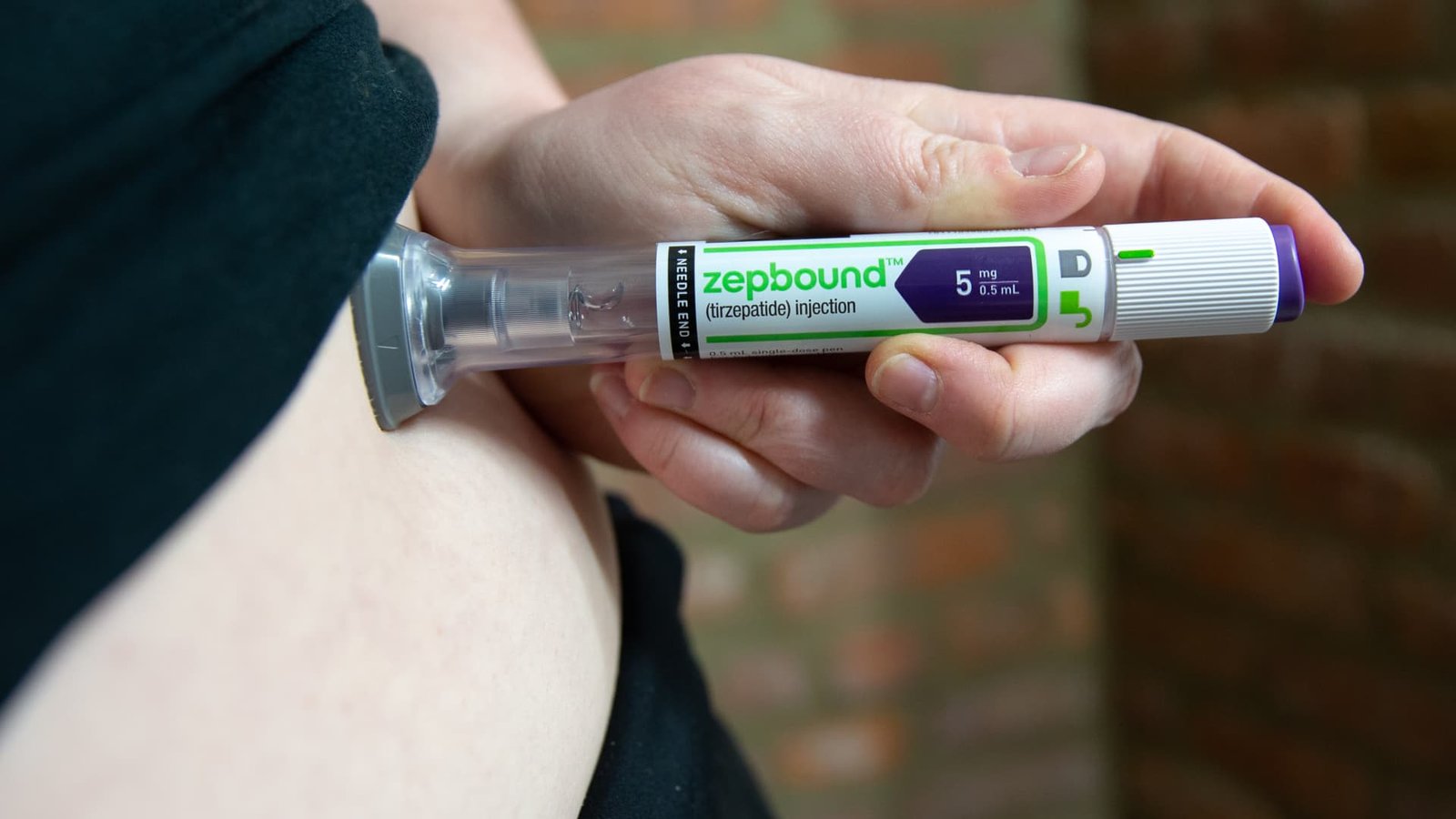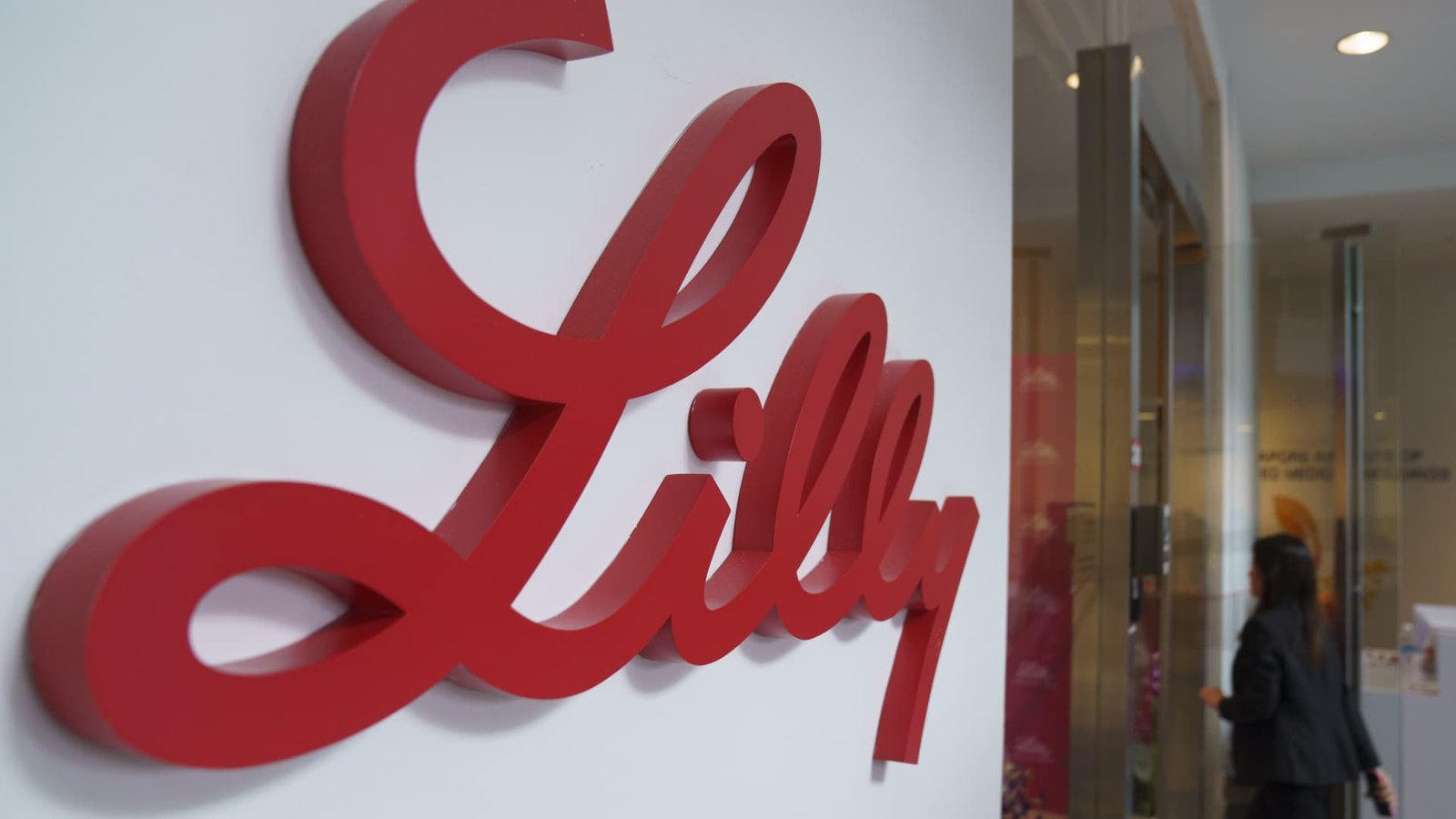U.S. pharmaceutical giant Eli Lilly is considering the potential use of obesity drugs to address unemployment following a significant investment agreement with the U.K. The weight-loss treatment company, known for Zepbound, revealed a commitment of £279 million ($364 million) to help combat health challenges in Britain, particularly obesity. This partnership, established with the U.K.’s Department of Health and Social Care (DHSC) and the Department for Science, Innovation and Technology (DSIT), was part of a larger £63 billion investment package announced at the conclusion of the Labour government’s inaugural International Investment Summit.
As part of the deal, Eli Lilly will conduct a “real-world” study to assess how tirzepatide, the GLP-1 treatment in Zepbound and Mounjaro drugs, affects weight loss, diabetes prevention, and the prevention of obesity-related complications. The study, set to run for five years in collaboration with Health Innovation Manchester, will also investigate the impact of weight-loss drugs on participants’ employment status and sick days from work.
Professor Rachel Batterham, senior vice president for International Medical Affairs at Lilly, stated that the collaboration will contribute to understanding the real-world effects of obesity treatments on individuals’ health and explore various outcomes, including quality of life and employment status. U.K. Health and Social Care Minister Wes Streeting emphasized that the partnership is crucial for fostering a healthier society and economy, as well as ensuring the NHS’s sustainability.
The U.K. faces a persistent issue of high economic inactivity, with a significant portion attributed to long-term sickness, including conditions like obesity, exacerbated by the impact of Covid-19. Streeting highlighted the financial burden of obesity on the NHS and the economy, costing the health service £11 billion annually. He emphasized the potential of obesity treatments in addressing health issues and facilitating a return to work, while also stressing the need for individuals to take responsibility for their lifestyles.
Eli Lilly’s investment will also lead to the establishment of its first “Lilly Gateway Labs” innovation accelerator in Europe to support early-stage life sciences businesses in developing innovative medicines and technologies. The company plans to invest an additional £279 million in the U.K. in the coming years.




